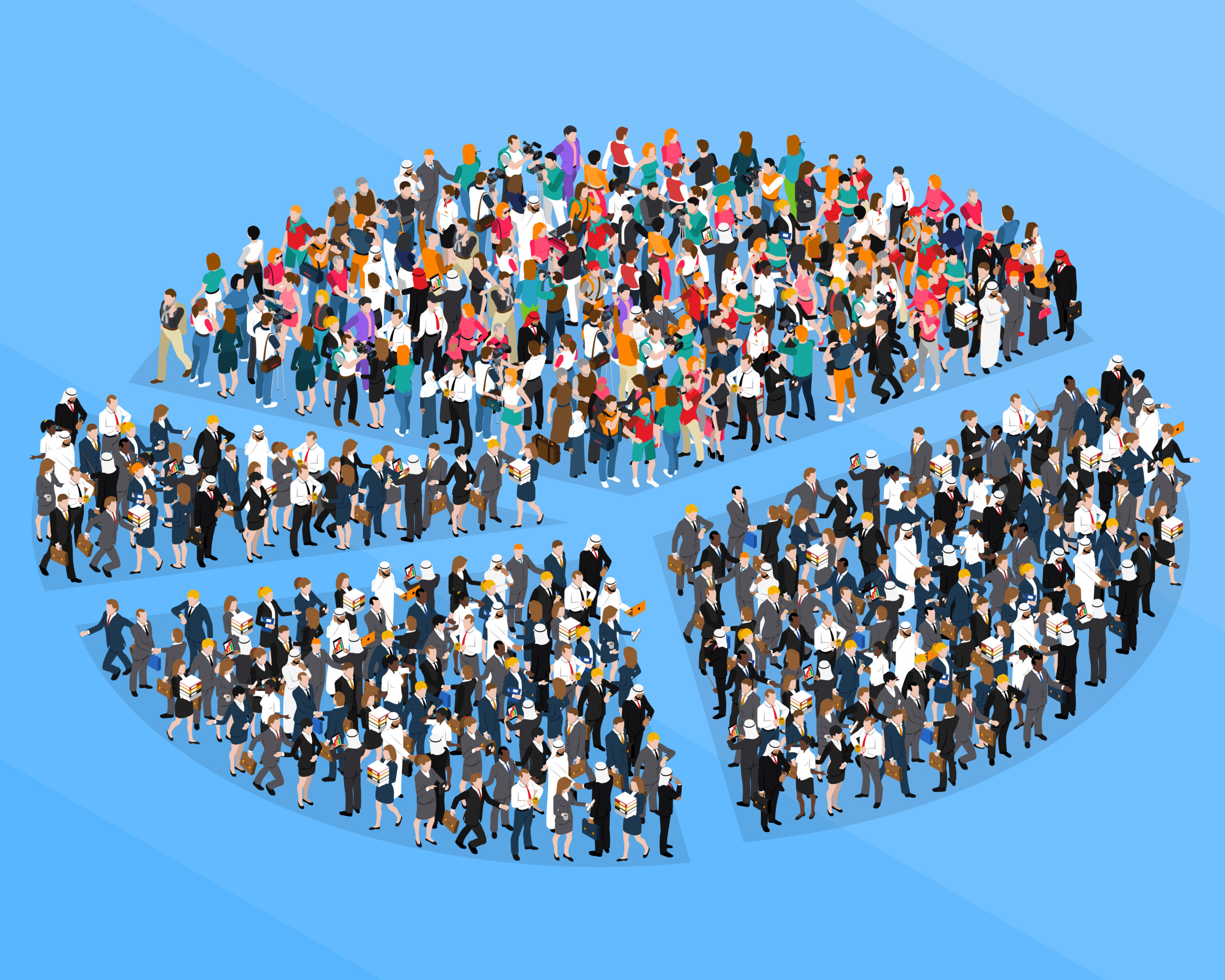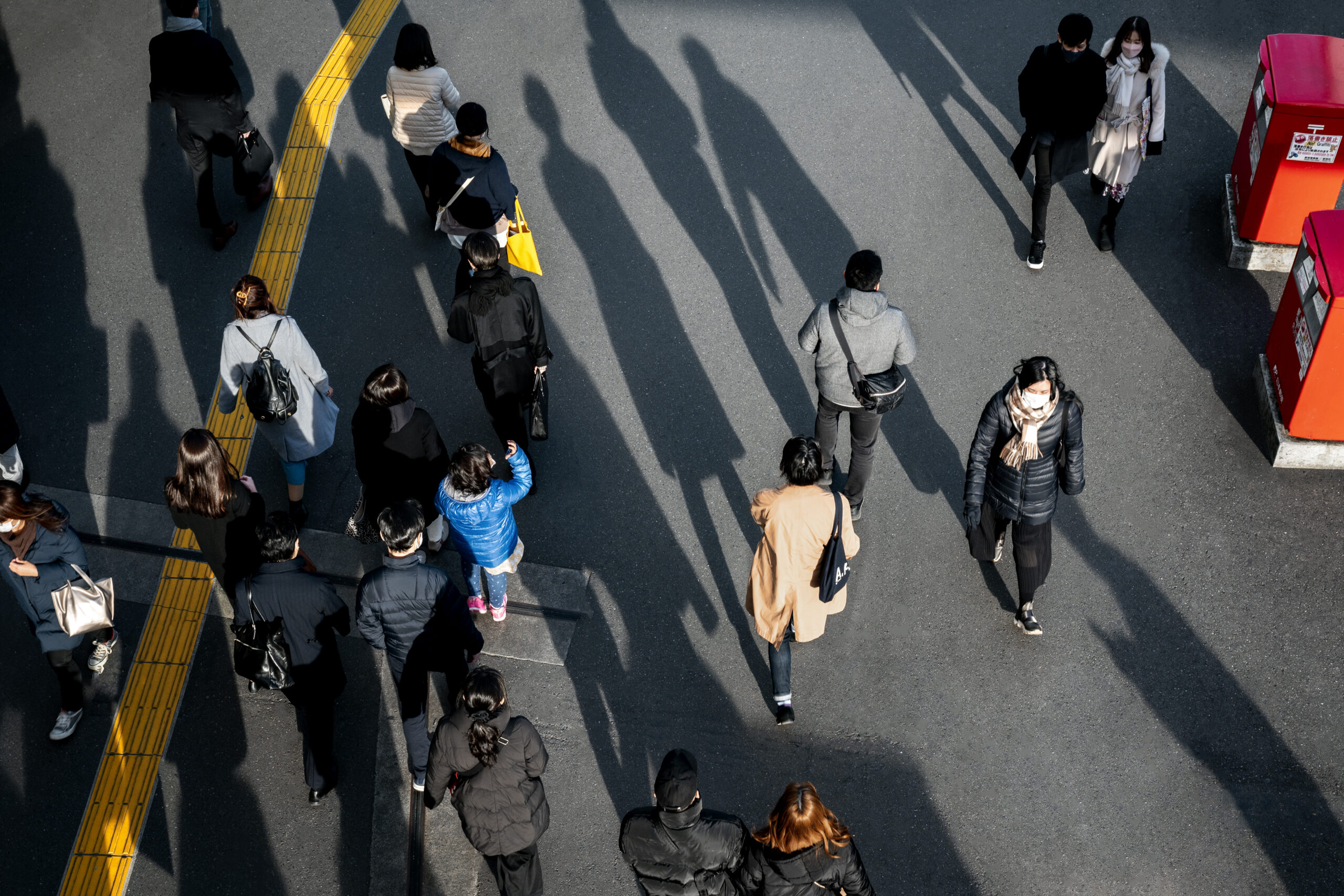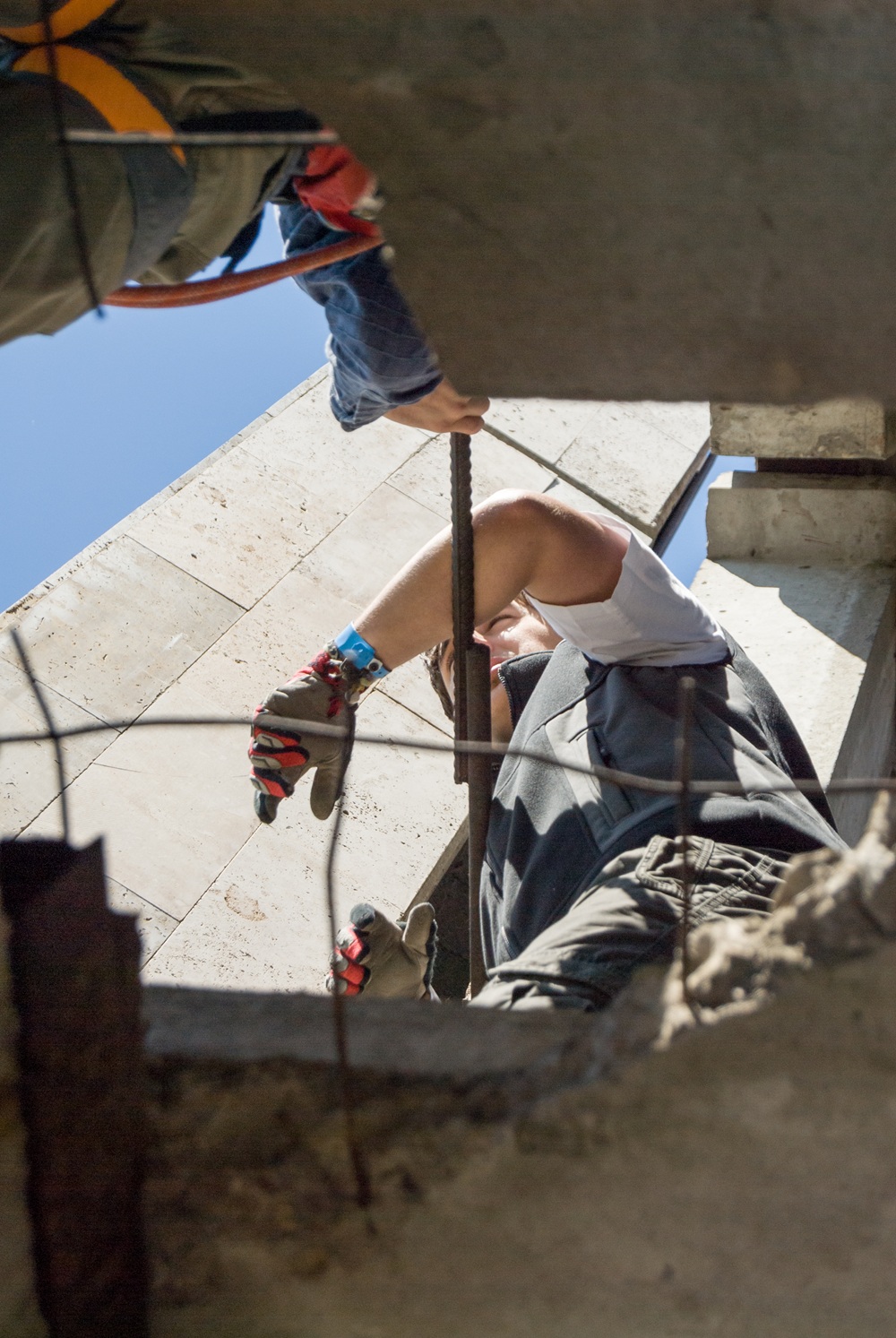New Data from Eurostat on Human Trafficking in the European Union in 2023

For most of us, “human trafficking” sounds like something distant — but for thousands of people in Europe, it’s a reality that often begins with a single misstep. On April 3, 2025, Eurostat published its latest data on human trafficking, covering the year 2023 and highlighting important trends. According to the data, 10,793 victims of human trafficking were registered — the highest number recorded between 2008 and 2023. While this number may seem alarming, it may also indicate improved recognition and identification of trafficking cases, with more victims reaching protection systems. A significant number of cases, however, remain undetected.
Increasing Labor Exploitation
Historically, sexual exploitation has been the leading form of trafficking in Europe. But in recent years, the share of labor exploitation has risen significantly.
The war in Ukraine has further contributed to this trend, forcing nearly 10 million people to seek a new life outside their country — often placing them at risk of exploitation. Many accept unsafe working conditions: without contracts, protection, or any real option to file a complaint. When people lack access to reliable information and legitimate employment, the risk of exploitation becomes real — and it often starts with a job “based on trust”, unpaid hours, or a missing contract.
At Dignita, we have been working with Ukrainian refugees in Bulgaria since 2022, raising awareness about the risks of labor exploitation through our Women’s Circles initiative, which offers a safe space for women to talk about their social integration. In 2024, we conducted an in-depth study as part of the Eradicating II project. For many Ukrainians arriving in EU countries, finding work is a top priority. However, financial instability and limited resources often force them to compromise on pay, working conditions, and even their safety.
Women Remain the Most Vulnerable
63% of registered trafficking victims in the EU in 2023 were women and girls, most of whom were trafficked for sexual exploitation. This represents a slight increase compared to 2022 (62.8%). Sexual exploitation has long been considered one of the most extreme forms of gender-based violence.
According to the European Commission and the International Organization for Migration, the trafficking of women is closely linked to gender inequality and often masked as “voluntary” work in low-protection sectors — such as domestic care, hospitality, or sex work. Even in the absence of overt violence, the lack of legal protection and social support leaves women in vulnerable, dependent situations that easily become exploitative.
Victims Are Not Only “Foreigners”
Contrary to common belief, victims of human trafficking are not necessarily migrants or people who cross borders. In 2023, one in four trafficking victims in the EU was a citizen of the reporting country — and in Bulgaria, this share is even higher: nearly all registered victims were Bulgarian nationals.
This shows that vulnerability is not defined by nationality, but by social and economic conditions. Factors such as poverty, lack of education, restricted access to the labor market, and isolation from public services create environments where trafficking thrives — even without border crossing. This is especially true for marginalized communities, where mistrust in institutions, lack of legal awareness, and limited information enable exploitation to go unchecked. Many people don’t know their rights, don’t recognize when they’re being violated, and rarely know where to turn for help.
What Comes Next?
Human trafficking often seems like a problem beyond our control. But in reality, there are many ways to be part of the solution — through awareness, solidarity, and the willingness to speak up when we see something wrong. At Dignita, we believe that change comes from communities that refuse to look away. This is how we work: with trust, with consistency, and with a vision of a future where everyone’s rights are respected.
Latest News:

New Data from Eurostat on Human Trafficking in the European Union in 2023

Vulnerability and Risk Factors for Human Trafficking Among Ukrainian Refugees in Bulgaria
